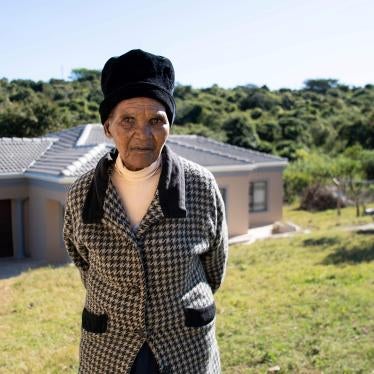By Jenny Nilsson and Lea Labaki
Talk about trampling all over Nelson Mandela’s legacy of equality and human rights: deaf viewers among the global audience for Mandela’s memorial service on December 10 were confronted by a fake sign language interpreter. The man standing next to world leaders such as President Barack Obama was waving his hands randomly, making up gestures that lacked any meaning. Not only was he clearly not a professional sign language interpreter, he didn’t speak any sign language at all.
Wilma Newhoudt, a deaf member of the South African parliament and vice-president of the World Federation of the Deaf, immediately tweeted: “ANC-linked interpreter on the stage with dep president of ANC is signing rubbish. He cannot sign. Please get him off.”
This sorry spectacle made a mockery of the entire deaf community. Can you imagine an interpreter imitating French, Chinese, or any other language, at such a monumental international event?
Deaf people are entitled to respect for their language, just like anyone else. Sign language is a fundamental right for deaf people, and facilitates our ability to communicate, express ourselves, and learn.But this is not just about communication; it is about culture and identity. Just as French and Chinese are the basis of those cultures, sign language is crucial to the identity and pride of the deaf community.
To prevent similar scandals, governments should consult with and actively involve people with disabilities in planning and decision-making – whether they’re village-level programs or stadium-filling events.
The great Madiba was a symbol of the fight for equality, dignity and justice. In celebrating his life, we are reminded that this struggle continues, including for the deaf community. Let’s use this moment as a sign of things to change.






